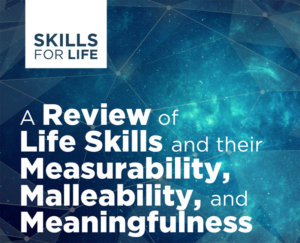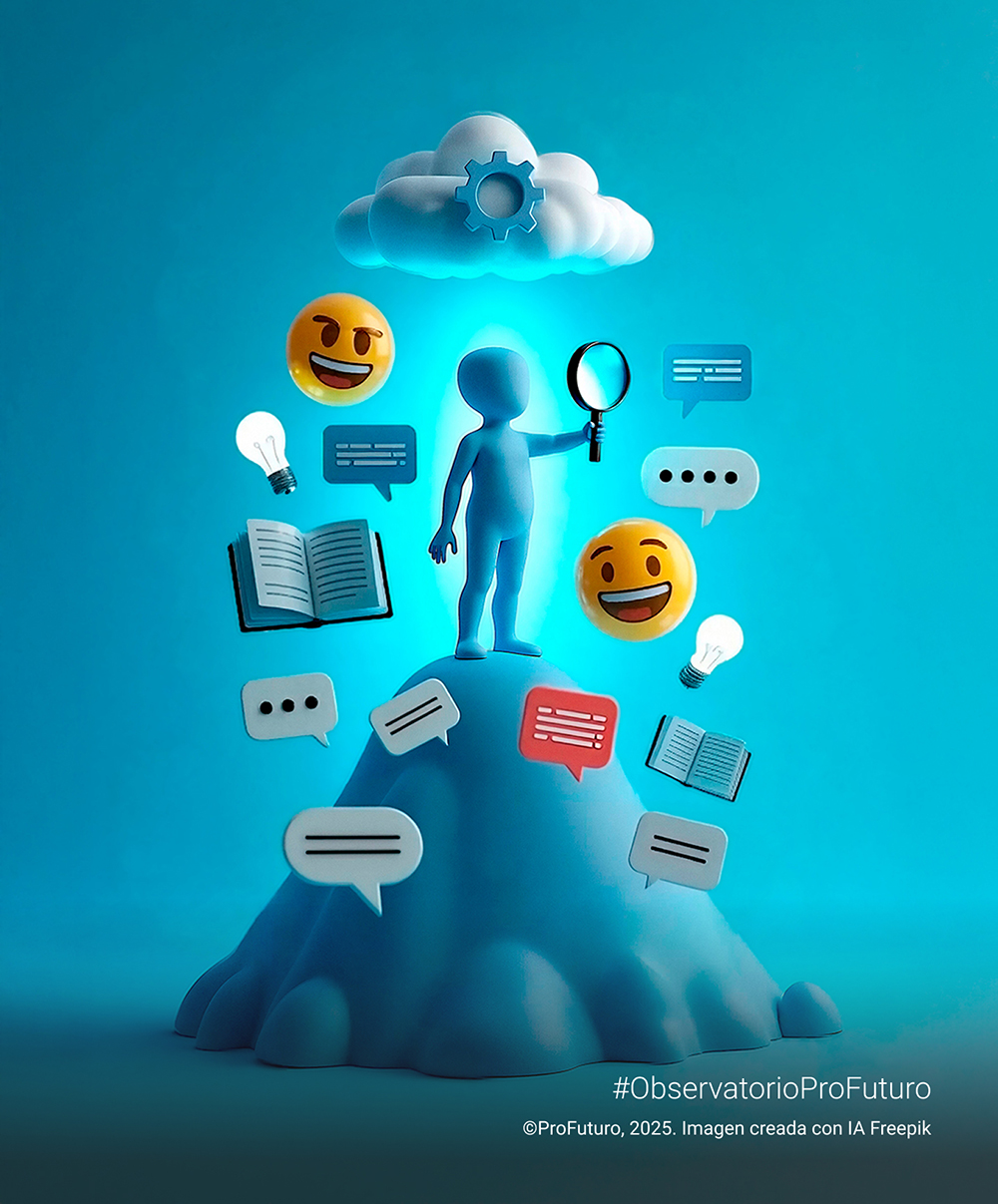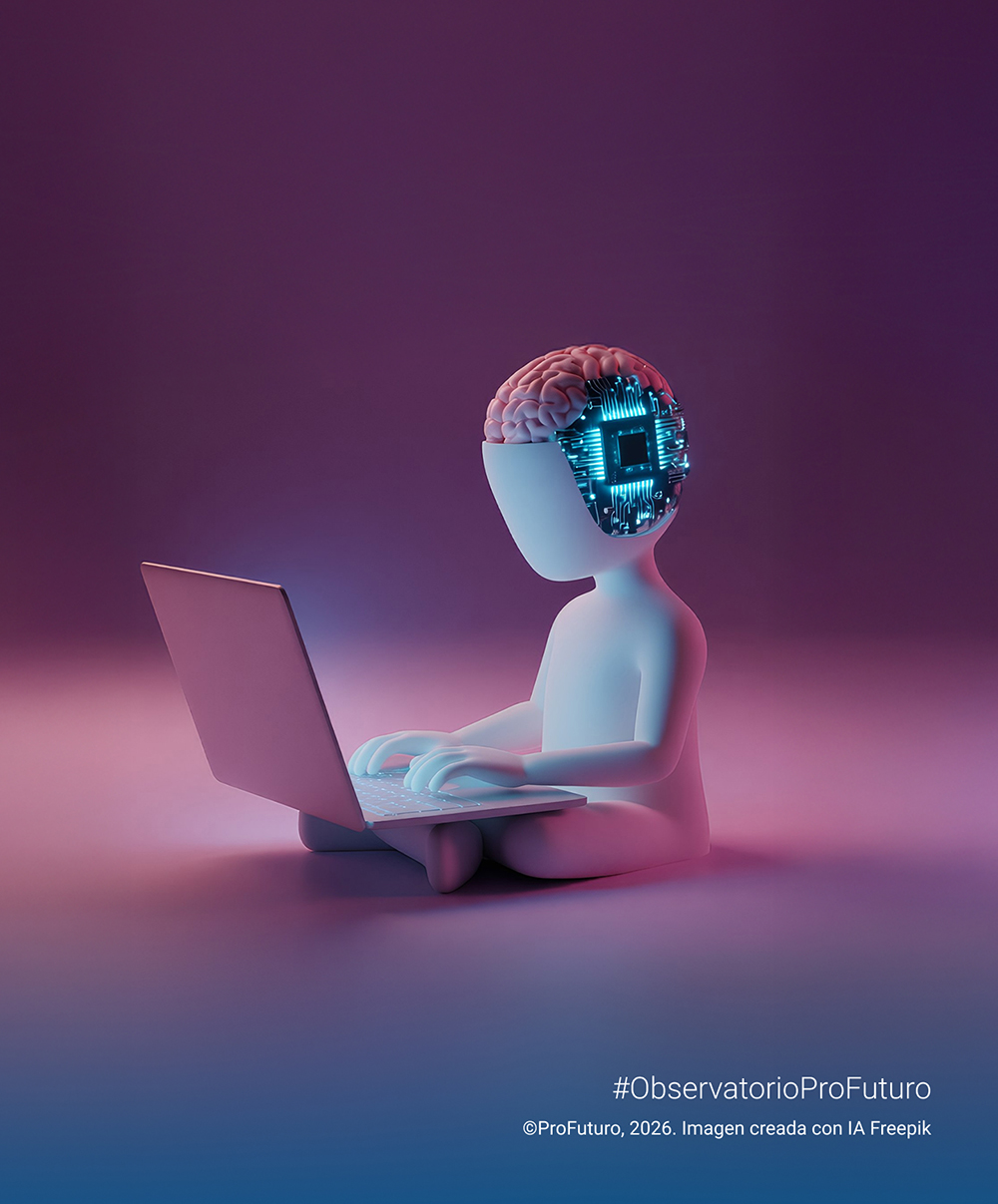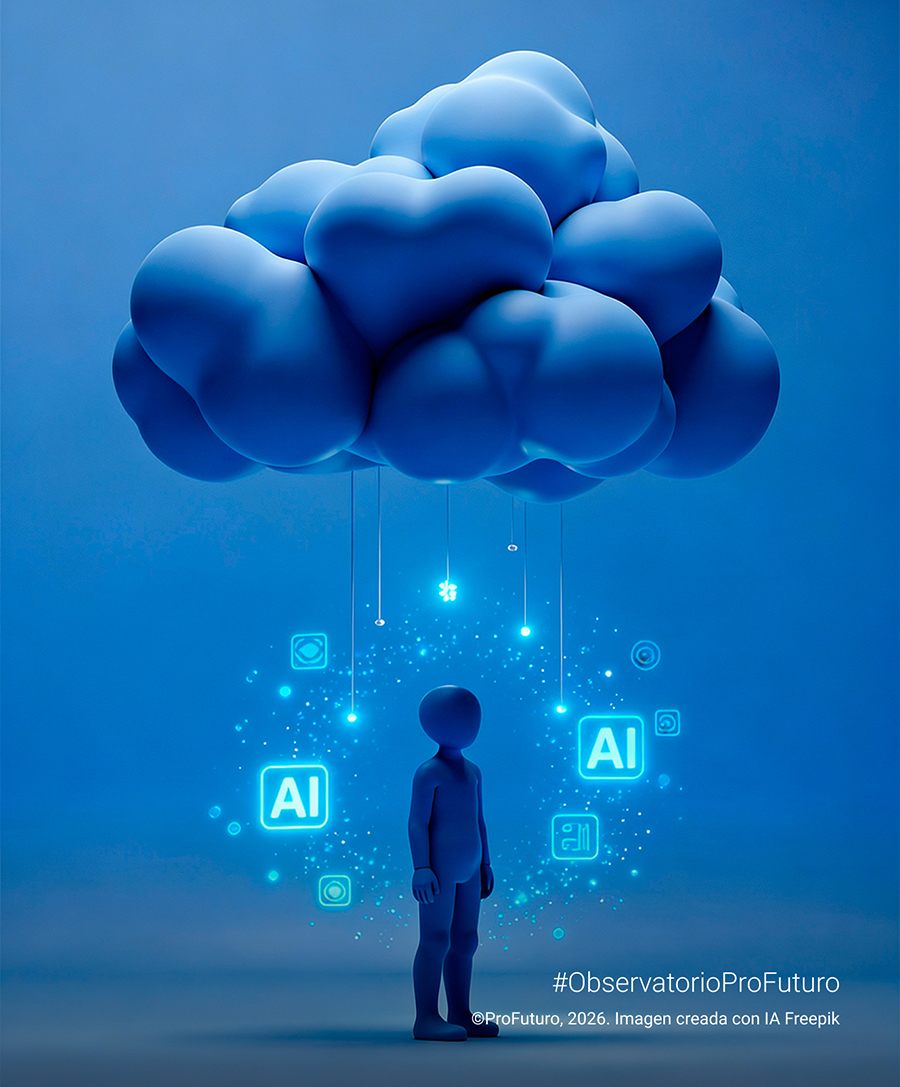In our pockets, on the computer screen, on the living room TV, or in the elevator conversation: words, data, and opinions flow at all times. Never in human history has it been so easy to access information… nor so hard to know what to trust. Between alarmist headlines, social media threads, and viral WhatsApp audios, the 21st-century citizen lives in a constant stream where truths mix with half-truths, biased interpretations, or outright fabrications.
The problem is that an overabundance of information does not automatically translate into knowledge. On the contrary: it hinders it. We know that, when faced with an excess of contradictory messages, people tend to cling to what confirms their preexisting beliefs, regardless of the strength of the evidence. This phenomenon, known to psychologists as confirmation bias, is the perfect fuel for misinformation.
In this context, critical thinking is one of the most important skills—on par, of course, with empathy or mindfulness. And on par with mathematics or literacy. The IDB defines it as the ability to objectively evaluate the quality of information, identify one’s own and others’ assumptions, and consider alternative perspectives before reaching a conclusion. Most importantly: research shows that it can be taught, measured, and strengthened, with tangible benefits in academic performance and civic participation.
If in previous articles in this series we explored how mindfulness helps us pause and think, or how self-control and empathy allow us to act with restraint and humanity, in this post we address the skill that gives meaning to that process: learning to think well before deciding.
What It Is and Why It Matters

How can we distinguish between a fact and an opinion when both are “dressed” in the same words and figures? And what good is having access to all information if we cannot separate truth from lies? In its review A Review of Life Skills and Their Measurability, Malleability, and Meaningfulness, the Inter-American Development Bank (IDB) defines critical thinking as the ability to “evaluate and infer from information, whether it comes from observation, experience, reflection, reasoning, or external sources,” with particular emphasis on analyzing the credibility of those sources and questioning both one’s own and others’ assumptions.
No se trata de criticar por criticar, ni de adoptar un escepticismo absoluto ante todo. Se trata de aplicar un proceso m
It is not about criticizing for its own sake, nor about embracing absolute skepticism toward everything. Rather, it is about following a methodical process that separates the true from the false, the relevant from the incidental, and the proven from the merely speculative. In practice, it means moving beyond repeating a claim simply because “it sounds logical” and instead cross-checking it with data, verifying its source, and examining whether it aligns with the broader body of available evidence.
The IDB groups its key skills into three major domains: relational, self-management, and intellectual. Critical thinking belongs to the latter, alongside skills like problem-solving. And, of course, it meets the three criteria that, according to the IDB study, determine whether a skill should be prioritized in education:
- Measurable: There are reliable tools adapted to young people, such as the Cornell Critical Thinking Test Level X, available in Spanish, which evaluates induction, deduction, source credibility, and identification of hidden assumptions.
- Malleable: A meta-analysis of 117 studies, cited by the IDB, shows that programs designed to strengthen critical thinking achieve significant improvements (one-third of a standard deviation), especially if they combine general instruction with practical application in subjects.
- Meaningful: Although, according to the IDB study, there is a lack of longitudinal studies for adolescents, in adults it has been linked to better academic results, job performance, and the ability to solve complex problems.
On the IDB scale, critical thinking scores an aggregate of 15 out of 22—a high result—thanks to its development potential and the availability of validated measurement instruments.
The importance of this skill is not theoretical: it greatly affects our daily lives. A citizen with critical thinking is less vulnerable to falling for hoaxes, more capable of interpreting an electoral poll, assessing the implications of a public policy, or making informed health decisions. Misinformation does not succeed because it is credible, but because we do not know how to think better.
Critical Thinking Is Not Born: It Is Made
One of the most important findings of the Inter-American Development Bank’s review is that critical thinking is not a fixed trait nor an innate talent reserved for a few. It is a skill that can be developed through deliberate practice, and the data supports this.
The meta-analysis mentioned earlier found that programs designed to strengthen critical thinking produce improvements equivalent to one-third of a standard deviation. This means that participants not only learn more than the control group but also retain part of those gains over time. The effects are especially notable when teaching combines explicit instruction on what critical thinking is with opportunities to apply it in real contexts, such as a science class, a debate, or solving a practical case.
Factors That Make a Difference
Evidence points to several common ingredients in the most effective programs:
- Specific teacher training: Teachers who receive advanced training to teach critical thinking achieve greater improvements in their students.
- Cross-curricular application: It is not limited to one subject; it is integrated into different subjects so that students practice analyzing and evaluating arguments in multiple contexts.
- Constant assessment: Using tools like the Cornell Critical Thinking Test Level X allows teaching to be adjusted and progress measured.
- Active learning: Debates, collaborative projects, media analysis, and open problem-solving promote the transfer of the skill to real situations.
An Inspiring Example: The Biology Critical Thinking Project
In this program, developed in Israel, trainers reviewed the biology curriculum looking for points where they could introduce critical skills: recognizing logical fallacies, distinguishing between findings and conclusions, identifying implicit assumptions, isolating variables, or testing hypotheses. Although it did not include prior general training, students who participated achieved differences of up to two standard deviations compared to the control group.
One of the most important findings of the Inter-American Development Bank’s review is that critical thinking is not a fixed trait nor an innate talent reserved for a few. It is a skill that can be developed through deliberate practice, and the data supports this.
Real-Life Impact and Current Urgency
Critical thinking is not just an academic skill; it is a practical resource that influences the quality of our decisions and, by extension, our lives. The scientific literature (though more abundant in adult populations than in adolescents) has documented its relationship with better academic performance, greater employability, and the ability to solve complex problems. In work environments, it is associated with more consistent performance, as those who practice it tend to assess risks, detect inconsistencies, and propose better-founded solutions.
On a personal level, this skill reduces vulnerability to misinformation. Consider the avalanche of messages received during a health crisis: contradictory recommendations, misinterpreted preliminary studies, or hoaxes designed to cause alarm. A citizen with critical thinking not only consults more than one source but also evaluates its credibility and the quality of the evidence before acting. This filter can make the difference between making an appropriate health decision or falling into potentially dangerous practices.
The absence of critical thinking also has a collective cost. In a saturated media ecosystem, polarizing narratives thrive when audiences do not question premises or recognize biases. This erodes social trust and makes it difficult to reach basic consensus to address common problems, from climate change to public safety.
The pressing need to strengthen this skill grows in parallel with technological challenges. Generative artificial intelligence, deepfakes, and digital manipulation techniques make it easier to create increasingly realistic fake content. According to recent warnings from international organizations, traditional verification capabilities are becoming insufficient. In this context, critical thinking becomes a first line of defense.
Furthermore, it naturally integrates with other skills already discussed in this series. Mindfulness helps pause before reacting, self-control prevents impulsive responses, and empathy allows for considering other perspectives. Critical thinking acts as a catalyst for all of them, ensuring that the final decision is not only rational but also informed and ethical.
For all these reasons, it is no exaggeration to say that in today’s society, thinking critically is as vital as knowing how to read or write. And, as the IDB warns, its systematic teaching should be an educational and social priority.
An Investment in the Future
Critical thinking is much more than a school skill: it is, above all, a defense. A defense against unfounded opinions, misrepresented data, and lies.
Evidence from the Inter-American Development Bank confirms that it can be measured, taught, and has a real impact on academic performance, employability, and civic participation. We do not need more data—we need more discernment.
That is why we must give it priority in our students’ education. Because without critical thinking, reading, listening, or watching ceases to be an act of understanding and becomes mere consumption. And a citizen who only consumes information, without digesting it, does not decide: they obey.






